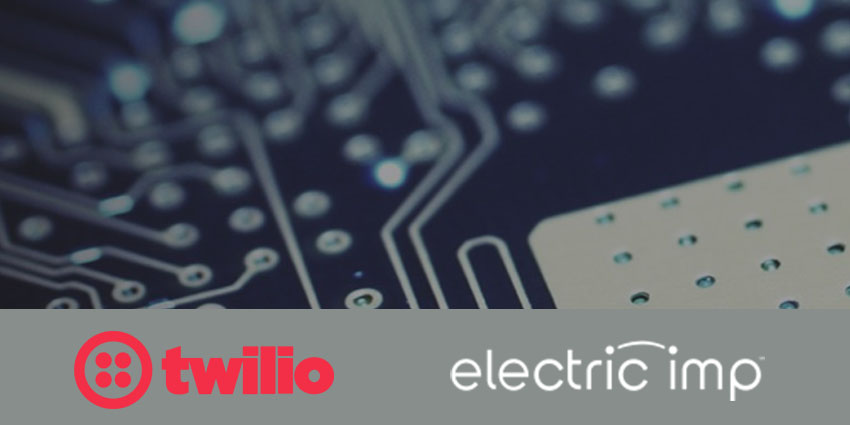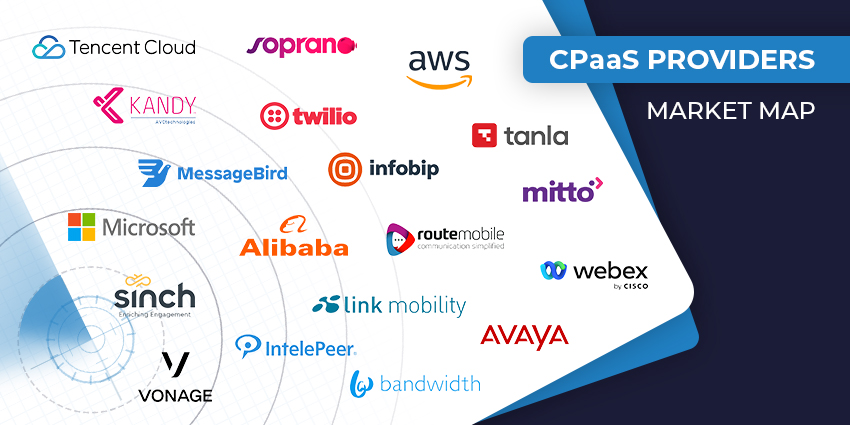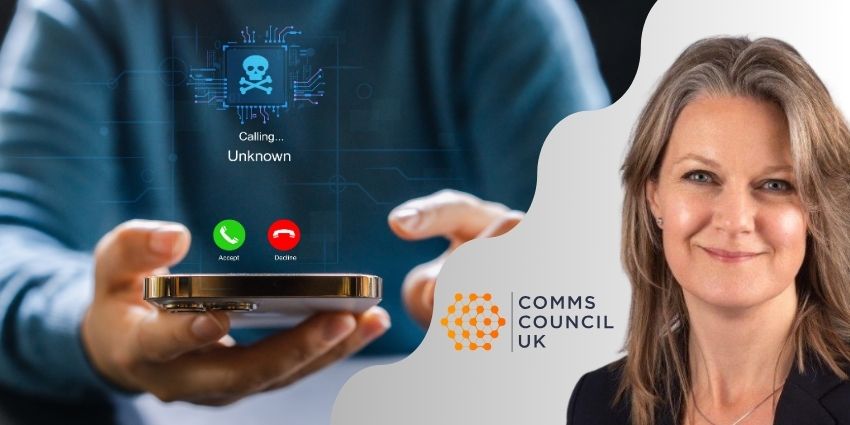This week, CPaaS provider Twilio reported better-than-expected second-quarter financial earnings. The company delivering a second-quarter net income of $9.5 million, or 71 cents per share. The company’s non-GAAP earnings amounted to nine cents per share, and revenue, a reported $400.8 million, a figure up 46 percent year-over-year.
Investors predicted losses of nine cents per share and revenue of $368.23 million, so the company did beat analysts’ expectations during the quarter. Yet, following reports, Twilio’s share fell five percent after the markets closed. Analysts expected Twilio to report a net loss of six cents per share and $379 million in revenue. The company said it 200,000 active customers, which is up from 161,869 in the second quarter of 2019.
A few months ago, Twilio acquired IoT business Electric Imp. The CPaaS leader did so in secret, which makes sense knowing the company’s ambitions in the IoT industry. Twilio’s spent years pushing to solidify its place in the field of IoT. And today, it’s one of the company’s fastest-growing units of business. To further enable its objectives in the industry, Twilio acquired the IoT platform, Electric Imp. IoT startup Electric Imp raised $44 million, making it to a Series C funding round led by Ramparts Capital in 2016.
Electric Imp’s technology helps enterprises connect IoT devices with data centers and third-party services. The startup tackles tasks such as updates and related efforts, along with security. That’s what Electric Imp aims to keep customers from performing annoying, and oftentimes repetitive tasks. This all aligns with offerings like Twilio’s Super SIM which has helped companies democratize access to cellular IoT connectivity. There is still, yet, a long way to go, and the acquisition of an IoT startup could help Twilio solve some important manufacturing and other issues. The fact that Electric Imp’s built for connecting cloud data sensors perfectly aligns with Twilio’s IoT business unit goals.
Twilio now finds itself in a position to further capitalize on its expertise as a leader in IoT, and to capture more of the market. So far, the company’s made the could-be complicated requirements of deploying IoT software at scale more manageable through several of its IoT business unit offerings. Today, the barriers to entry are lower than ever before, and fees associated with engineering hours along with costs associated with producing prototypes are available in more markets, lowering the cost based on availability. Simple supply and demand. Custom wireless radio technology, which has made regular access to designing a wireless circuit less expensive and more accessible is also widely available.
Electric Imp launched a portfolio of programmable, plug-and-play network cards with embedded processors and Wi-Fi antennas. They’re connected to Imp’s Cloud, which facilitates centralized management. Both companies are set to launch impoo6, which should come pre-installed on all Twilio’s Super SIMs that support worldwide connectivity for IoT developers. According to Statista, the global market for the Internet of things (IoT) end-user solutions reached $100 billion in 2017. By the end of 2019, the market reached $212 billion. Researchers there forecast that figure to grow exponentially by 2025.







